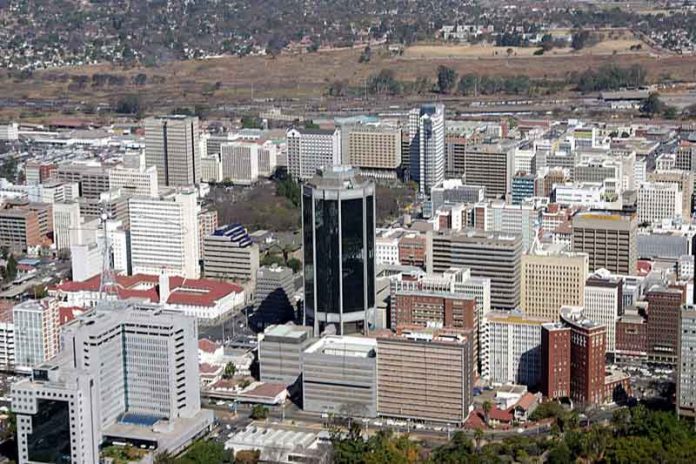Ryan Chigoche
HARARE – There is need for an urgent review of the Harare City Council PPP policy framework so as lure private investments into public infrastructure.
This has resulted in parastatals’ dominance as exclusive providers of major infrastructure services over the years. Harare, unlike several other nations, does not have a separate PPP statute. Instead it relies on 2004 PPP Guidelines and 2010 PPP Policy, which have long been claimed to be under evaluation for potential update.
PPP in public infrastructure has been low in Zimbabwe because financial feasibility has been a stumbling block. Adding to that, infrastructure projects often require significant upfront investment and have long payback periods. Normally companies may prefer investments with quicker returns.
Commenting on the issue, Mashonaland Holdings managing director Gibson Mapfidza said the city should review the PPP framework so that investors get an attractive return. This according to him will attract more PPPs in the enhancement of public infrastructure.
”The city needs to create a policy framework that ensures that private money comes into public infrastructure development and earns an acceptable return. Our PPP framework hasn’t been attractive to investors mainly because user fees were not market driven but more socialist affordability driven. The same has been a stumbling block for IPPs where the price ZESA is willing to pay is significantly lower that the cost of production per kilowatt hour,” Mapfidza said.
With the cash strapped City in need of critical infrastructure, some property developers in the city are proposing exemptions to private players who are currently implementing sewer lines , water lines and access roads on their developments services which the City Council is supposed to provide.
Proposed exemptions include full approval fees, inspections, connection fees among other fees which private players are obliged to pay as development fees to the City Fathers.
According to experts in the industry if exemptions can be given this could motivate developers to go beyond the city and even move even to communal areas
No dedicated PPP unit exists within the city. In Government relevant functions often fall under the Ministry of Finance and the Department of Works. Recent budgetary allocations prioritized PPPs for waste management that is investment in waste transfer stations and material recovery centers, public lighting systems, and potentially other sectors like water and sanitation.
Much of Harare’s infrastructure, built during colonial times, is in dire need of repair or replacement. Roads are riddled with potholes, water supply is unreliable, and the sewage system is often dysfunctional.
If addressed effectively, Harare’s PPP framework can attract much-needed investments, improve infrastructure and service delivery, and ultimately contribute to the city’s development and economic growth. However, careful planning, implementation, and monitoring are necessary to ensure responsible and successful PPP partnerships.
However the City’s path to improved public infrastructure requires a multifaceted approach. Sustained government commitment, effective resource allocation, tackling corruption, and fostering collaboration between all stakeholders government, private sector, and civil society are crucial for long-term success.
Currently, private property developers are lobbying for policy restructuring, through associations like the Property Owners Association of Zimbabwe with the hope that the City can gradually overcome its infrastructure hurdles.









